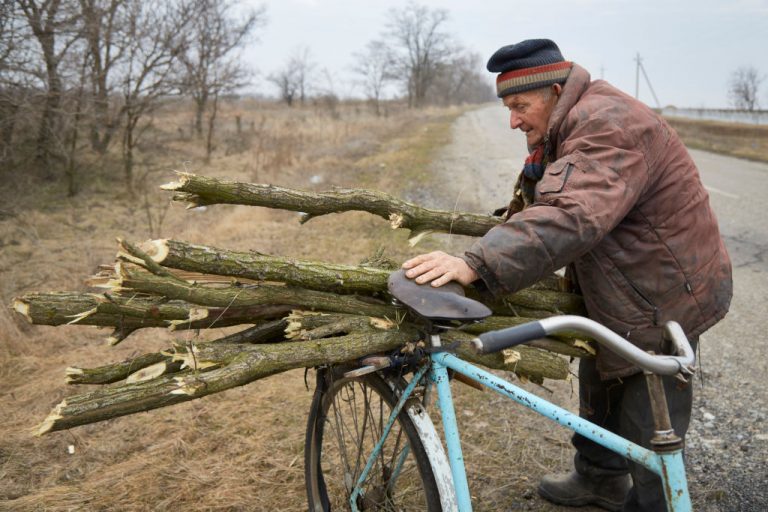The Polish government has officially conceded that people may rummage for firewood to heat their stoves now that coal supplies are dwindling dramatically due to Poland’s self-imposed embargo on Russian gas.
“It is always possible, with the consent of foresters, to collect branches for fuel,” Deputy Minister of Climate and Energy Edward Siarka said on June 6, Polish newspaper Next Gazeta reported, according to Russia Today.
In order to reap what’s from their own land, Poles will have to successfully complete training first and will have to report to the local forestry to go ahead.
READ MORE:
- The EU Just Cut Russia’s Largest Bank Out of SWIFT
- Ireland Runs Oil and Electricity Shortage Wargame With Lockdowns, Fuel Control
- Russian Gas Exports Soar Even as Kremlin Requests Payment in Rubles
- Biometric Payments Are Replacing Cash and Card At Grocery Stores
“Even a phone call is enough,” said State Forests spokesman Michał Gzowski speaking to the Polish TV channel Polsat said, according to Associated Press.
Success
You are now signed up for our newsletter
Success
Check your email to complete sign up
Poland is a medium-densely forested country with nearly 30 percent of its surface covered by woods. With the looming energy crisis, it remains to be seen whether it can keep that position.
Cold comfort for polish individuals
On top of that, wood foragers may only pick up branches from the ground no thicker than seven centimeters (three inches).
“Only branches can be gathered. At the same time, the collected branches cannot be thicker than seven centimeters,” Marek Mroz, Katowice Directorate of State Forestry official, said, RT reported.
Still, it’s far from a bargain to heat your stove. After they’re done amassing deadwood, locals will have to report to the forestry office once again and pay 30 zlotys ($7.02) per 0.25 cubic meters.
Officials from the ruling “Law and Justice Party” blame the energy crisis and the subsequent price hikes, of course, on the Russian-Ukrainian war, calling it “Putinflacja” — or “Putinflation.”
Stark criticism
However, claim prices have been steadily rising for the past seven years, pointing at Law and Justice’s considerable social spending programs over the past years, which temporarily benefitted families with children and the elderly by handing out helicopter money.
The country is urgently craving EU funds, but European Commission’s unelected President Ursula von der Leyen, who came to visit on June 2, is withholding payment until the Polish government takes a knee and backtracks on its decision to have the Polish constitution prevail over European regulations.
“After yesterday’s visit, I can say that theoretically we are billionaires, but in practice, we will all be collecting brushwood,” leader of the opposition Civic Platform Donald Tusk said the next day, according to AP.
“Because this seems to be the latest idea to prevent Polish poverty that Law and Justice has prepared for all of us,” he added.
Russian energy embargo backfires
Moreover, they say the government shot itself in the foot by banning all imports of Russian gas, oil, and coal, which they relied heavily upon. In March, Warsaw vowed to end all Russian energy imports by the end of 2022.
Meanwhile, soaring 14 percent inflation and stagflation have driven up gasoline prices to 8 zlotys per ($1.87) per liter; still, quite a difference compared to what Americans are supposed to pay at the tank: $1.33.
Even more significant is that the average income for a Pole is approximately $1,800 USD per month.
As a byproduct of the wood logging industry, firewood has been a secondary source for heating during the communist era and beyond, serving the needs of companies, institutions, and civilians.
The Polish forestry agency has declared to prioritize civilians over businesses and promised to make more wood available for individuals in the near future.
Poland is short of anything combustible, even firewood. Before the war, Poland used to import much of its domestic need for kindling from imported wood from Russia, Belarus, and Ukraine. Wood imports from Ukraine have fallen by 75 percent, while those from Russia and Belarus have stalled altogether.

















